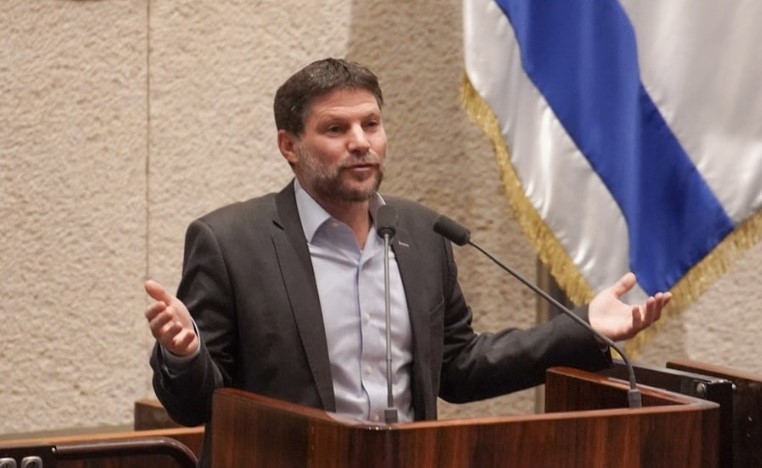The man who blew himself up inside his recreational vehicle in a Christmas Day bombing in Nashville was grappling with paranoia and eccentric conspiracy theories, but there are no indications he was motivated by social or political ideology, the FBI said Monday in closing out the investigation into the blast.
The FBI statement sets out to resolve some of the lingering mysteries of an explosion that initially perplexed investigators and the public because it appeared to lack an obvious motive or fit a clear profile. Though the blast damaged dozens of buildings, it took place early on a holiday morning well before downtown streets would be bustling with activity and was preceded by a recorded announcement warning anyone in the area that a bomb would soon detonate.
Anthony Quinn Warner chose the location and timing so that the explosion would be impactful while still minimizing the likelihood of “undue injury,” according to the statement from the FBI, which also concluded that the Antioch, Tennessee, man acted alone and set off the bomb to end his own life.
The report found that Warner was driven in part by his longtime beliefs in several “eccentric” conspiracy theories and paranoia, as well as “the loss of stabilizing anchors and deteriorating interpersonal relationships.” The Associated Press has previously reported that investigators scrutinized Warner’s interest in conspiracy theories after being told by some of the people they interviewed that he believed shape-shifting reptiles take on a human form to gain control over society and that he discussed taking trips to hunt aliens.
Despite online speculation that Warner may have been motivated by conspiracy theories about 5G technology, given the proximity of the explosion to an AT&T building and the resulting havoc to cellphone service in the area, FBI spokesperson Joel Siskovic said the investigation found no indication that AT&T had anything to do with Warner’s selection of the location. The FBI statement also said the investigation concluded that Warner’s actions were not related to terrorism.
“The FBI’s analysis did not reveal indications of a broader ideological motive to use violence to bring about social or political change, nor does it reveal indications of a specific personal grievance focused on individuals or entities in and around the location of the explosion,” the FBI said.
The explosion occurred around 6:30 a.m. on Christmas Day. Police were responding to a report of shots when they encountered the RV blaring a recorded warning that a bomb would detonate in 15 minutes. Then, inexplicably, the audio switched to a recording of Petula Clark’s 1964 hit “Downtown” shortly before the blast. Three people were injured.
Investigators conducted more than 250 interviews and combed through more than 2,500 tips, the FBI said. Authorities were able to identify Warner through DNA recovered from the blast site, quickly zeroing in on him as the culprit and concluding early on that he had acted alone.
Even if Warner didn’t leave behind a clear motive, he did take steps in the weeks leading up to the bombing that suggested he didn’t expect to survive. For instance, he gave away his car, telling the recipient that he had cancer — though it was not clear if he did — and signed a document that transferred his home in a longtime Nashville suburb to a California woman for nothing in return. He told an employer he was retiring.
A neighbor who made small talk with Warner about the upcoming Christmas holiday later recalled to the AP that Warner said something to the effect of, “Oh, yeah, Nashville and the world is never going to forget me.”
Law enforcement actions received scrutiny in the days after the bombing when it was revealed that Nashville police in 2019 had visited Warner’s home after his girlfriend reported that he was building bombs in a recreational vehicle at his residence. But the police did not make contact with him or see inside his RV.
Nearly three months after the explosion, the blast site still remains closed off to traffic and Nashville’s bustling tourists. Boarded-up windows now decorate the Civil War-era buildings along the historic Second Avenue street for several blocks. Chain-link fences line the street while cleanup efforts continue, signaling many more weeks, if not months, of repairs before businesses can start reopening.
(AP)












3 Responses
We witnessed the mass influence of conspiracy theories on January 6 at the Capitol as well, very dangerous and deadly.
And if you’re so stupid as to trust the FBI you will believe this.
I agree with you Milhouse…. anyone to believe the FBI as corrupt as it is today is a fool.